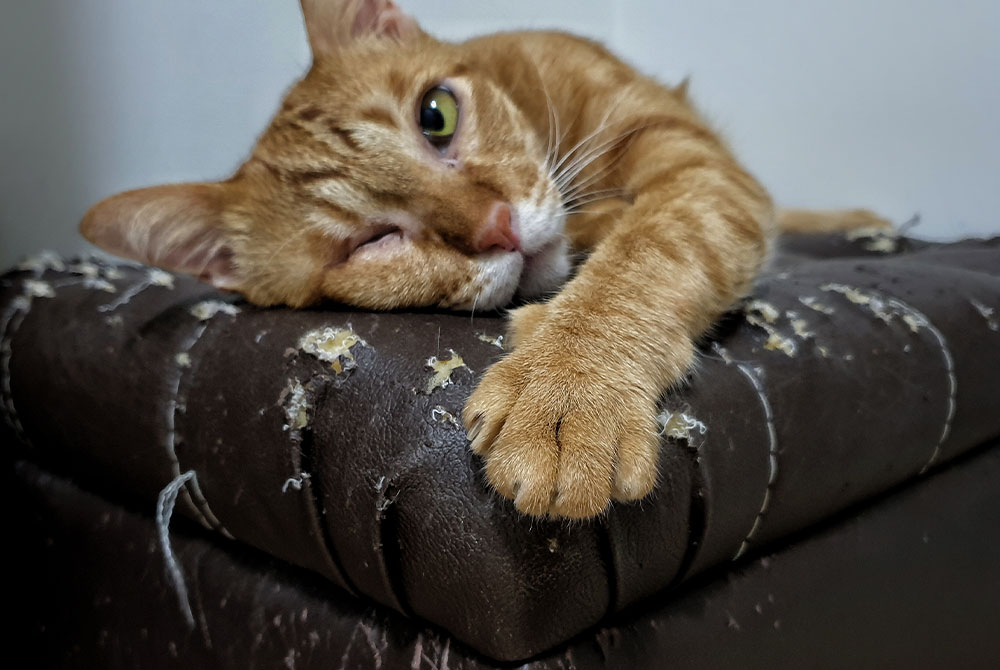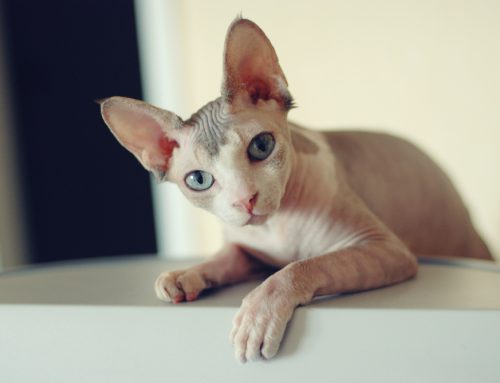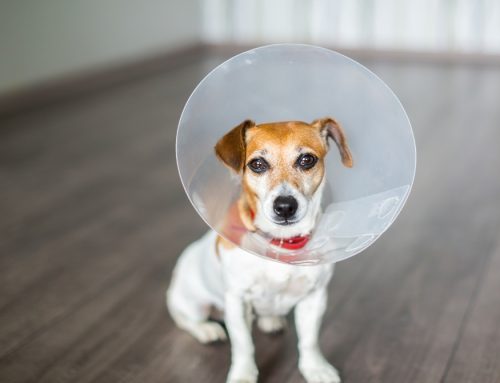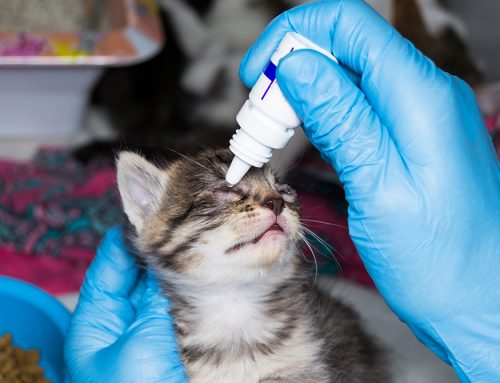What is Feline Upper Respiratory Infection?
Feline Upper Respiratory Infection (URI) is a common and highly contagious illness in cats, often referred to as “cat flu.” It is caused by a variety of viruses and bacteria that affect the upper respiratory tract. Common pathogens include feline herpesvirus (FHV), feline calicivirus (FCV), and Chlamydia felis.
Symptoms
The symptoms of URI can vary but typically include:
- Sneezing: Frequent sneezing is common.
- Nasal Discharge: Clear, yellow, or green mucus.
- Eye Discharge: Watery or pus-like discharge from the eyes.
- Coughing: May be accompanied by a raspy or hoarse sound.
- Loss of Appetite: Decreased interest in food.
- Fever: Elevated body temperature.
- Lethargy: Reduced activity levels.
Causes
URI is primarily caused by infectious agents such as:
- Feline Herpesvirus (FHV): Causes severe eye and nasal discharge.
- Feline Calicivirus (FCV): Can lead to oral ulcers and lameness.
- Chlamydia felis: Often causes conjunctivitis (eye inflammation).
Diagnosis
A thorough physical examination by a veterinarian is essential for diagnosing URI. Diagnostic tests may include:
- Blood Tests: To check for infections or underlying conditions.
- Swabs: Samples from the nose or throat for laboratory analysis.
- Imaging: X-rays or ultrasound if complications are suspected.
Treatment
Treatment for URI usually involves supportive care and may include:
- Antibiotics: To treat secondary bacterial infections.
- Antiviral Medications: In severe cases, to combat viral infections.
- Nasal Decongestants: To relieve congestion and improve breathing.
- Fluids: To prevent dehydration and support overall health.
- Nutritional Support: To ensure proper nutrition during illness.
Prevention
Preventing URI involves:
- Vaccination: Keeping your cat’s vaccinations up-to-date.
- Hygiene: Regularly cleaning feeding dishes and litter boxes.
- Isolation: Keeping infected cats away from healthy ones.
When to Seek Help
If you notice any signs of URI in your cat, especially if symptoms persist or worsen, it’s important to seek veterinary care. At Mission Veterinary Clinic, we provide urgent care for cats with respiratory infections and other health concerns. Our facility operates on a walk-in basis and is open daily from 9 AM to 11 PM.
Contact Us
Mission Veterinary Clinic
16915 San Fernando Mission Blvd
Granada Hills, CA 91344
Phone: 818-363-8143
Website: missionvet.com
For more information or to bring your cat in for care, visit us during our operating hours. We are here to help your feline friend feel better and recover quickly.










Leave A Comment